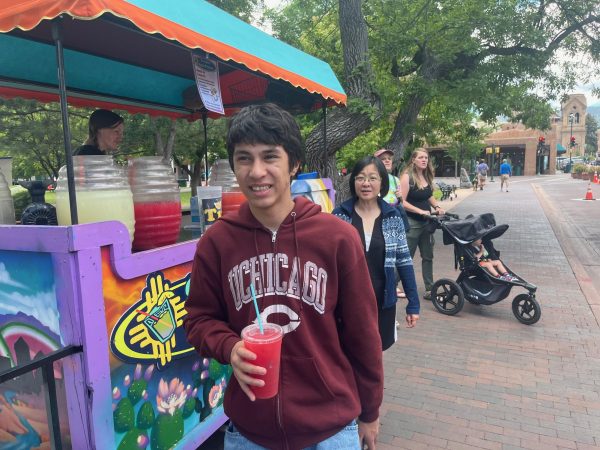Within the last few months, the National Institutes of Health (NIH), America’s medical research agency, has begun a mass termination of research grants in an effort to comply with orders from The Trump administration to pivot away from research that focuses on diversity, equity, and inclusion, (DEI). As a result, many academic institutions may lose funding used to pay for laboratory equipment, building costs, and salaries. Jihong Bai Ph.D, a professor and Principal Investigator of the Bai Lab at the Fred Hutchinson Cancer Center, shared his personal thoughts regarding the grant cuts with The Messenger.
“There are a number of new changes that happened recently that made the [NIH] funding process less efficient,” Dr. Bai said. He attributes the funding delays to the change in administration and the NIH “workforce being reduced.” The changing priorities of the NIH make it difficult to understand what areas of research aren’t being prioritized. “[Grants related to] diversity, equity, and inclusion in terms of training are not prioritized,” Dr. Bai said. The unprecedented changes make it difficult for labs to plan the future due to the now ambiguous nature of obtaining funding.
Additionally, the uncertainty of future funding has some institutions admitting less students into their graduate programs and slowing down ongoing projects. “[The] Fred Hutch has been really generous in being able to support us … [and] luckily I do have funding coming in right now,” Dr. Bai said. Despite the Bai lab being relatively unaffected by the grant cuts, Dr. Bai still said that “without that kind of stability, I don’t know how to plan things.”
“The NIH [is] talking about restructuring themselves too,” Dr. Bai said. There is a proposal from The White House to combine institutions within the NIH and cut 40% of their budget. “NIH is the major funder of all biomedical research in the United States, [and] in an unlikely scenario where the NIH completely loses funding … then the majority of the US biomedical research will be gone,” Dr. Bai said. The US itself is a global leader in biomedical research, but if the NIH funding continues to diminish the US may lose that position. “I think right now US research is recoverable,” Bai said, yet with sustained cuts to funding the situation could become unsalvageable. “There will be uncertainty of which institute to go to [for funding] … there’s just a lot of details [scientists] don’t know,” Dr. Bai added.
Dr. Bai hopes that biomedical research will continue to thrive in the US. “Science will go forward no matter [if] we are with or not,” Dr. Bai said.“I hope people are still trying to make discoveries nobody else has seen in the past. I think that is so important for this country, thinking about how much progress has been made in the past few decades in treating different kinds of diseases,” Dr. Bai added. Despite all the uncertainties, researchers across the country like Dr. Bai can only hope for a return to normalcy within the NIH. 






